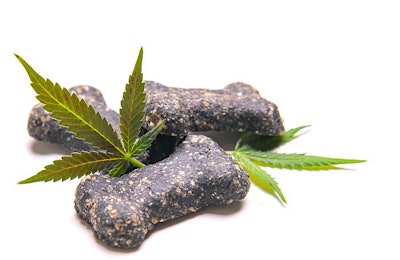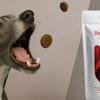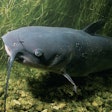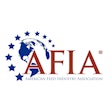
Cannabidiol (CBD) pet product brands must follow specific guidelines when marketing and labeling their products to avoid the fates of 13 companies warned by the U.S. Food and Drug Administration that their products violated the Federal Food, Drug, and Cosmetic Act (FD&C Act). Bill Bookout, president of the National Animal Supplement Council (NASC), detailed why that baker’s dozen of CBD pet supplement makers drew the attention of federal regulators and shared tips for avoiding legal problems.
When it comes to avoiding federal red flags, “there are no magic bullets out there,” he said. ”Companies that make claims that sound too good to be true probably are.”
In the CBD pet products arena, Bookout has noted too-good-to-be-true misconceptions about the legal nature of the chemical, along with other products derived from hemp. Much of the confusion arose after the passage of the U.S. Farm Bill.
“The Farm Bill made the agricultural crop legal, and gave the states the authority to define and regulate the agricultural crop,” he said. “It did not make articles of commerce or products legal.”
In the case of the 13 pet product companies warned by the FDA, the companies made specific “egregious claims” that violated section 201(g)(1) of the FD&C Act, 21 U.S.C. 321(g)(1) of the FD&C Act, he said.
FDA officials wrote that the CBD-containing pet products were cited “because they are intended for use in the diagnosis, cure, mitigation, treatment, or prevention of disease in animals and/or intended to affect the structure or any function of the body of an animal,” in the warning letters. “These products are unapproved new animal drugs and marketing them violates the FD&C Act." FDA officials used marketing materials posted on CBD pet product companies' websites for many of these assessments.
Overt and implied CBD pet product claims
CBD pet product companies can draw federal regulatory attention for either overt or implied claims, Bookout said.
“An example of an overt claim is ‘our product will help relieve pain in people or animals with osteoarthritis or relieve symptoms of cancer or seizures.’ That's an overt claim, ‘our product will do this,’ but an implied claim would be ‘There's a whole bunch of information about CBD or glucosamine or chondroitin, or anything else, that scientific research over 20 years indicates that this particular ingredient will help mitigate, offset, diagnose, prevent premature onset of some disease.”
The FDA pointed out in the warning letters how the 13 companies made implied or overt claims that the products were meant for the diagnosis, cure, mitigation, treatment, or prevention of disease.
“Claims of that nature are reserved for companies that navigate the drug approval pathway, that have submitted paperwork and gained permission to market and then receive a New Drug Approval (NDA) number,” Bookout said. “Another claim that would be cited would be recommending a product instead of an approved drug product.”
What that means is that CBD pet products can’t be marketed, hypothetically, as helping to reduce the need for chemotherapy, antibiotics, anti-inflammatories or other drugs, he said. That can extend to recommending a CBD product as a safer, equally effective, alternative to approved drugs.
Those claims need not be explicit either, he said. Displaying an X ray of a degenerated, arthritic joint, for example, could be seen by the FDA as implying that a product was meant to address joint issues. Even a starburst around a joint may indicate or imply pain or inflammation, and could bring about a warning letter.
Careful marketing and labeling of dog, cat and other pet products made with CBD may help brands avoid FDA warnings about egregious claims.



















